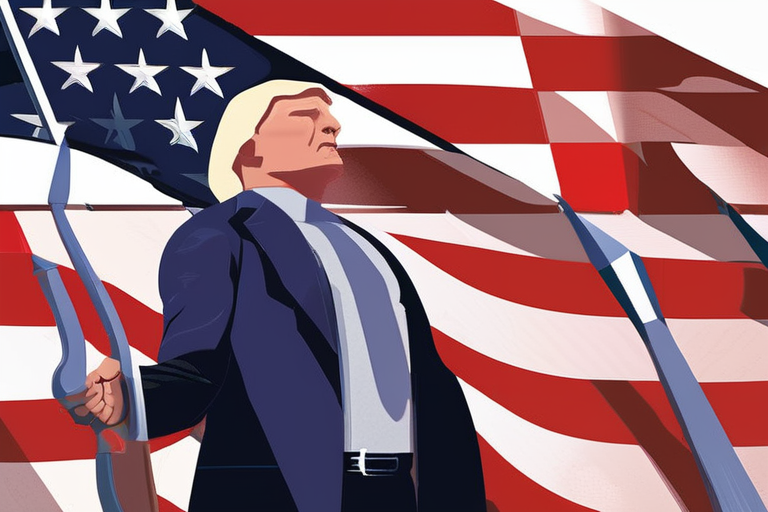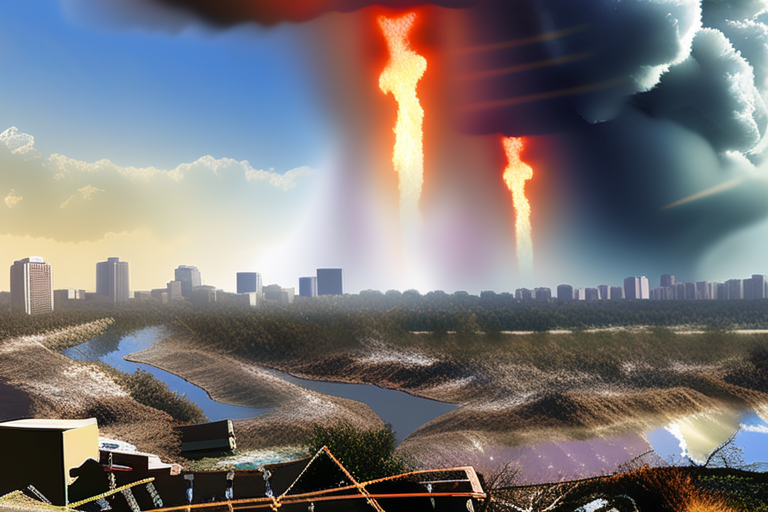Rise of Political Violence in America: Experts Identify Growing Threats and Trends


Join 0 others in the conversation
Your voice matters in this discussion
Be the first to share your thoughts and engage with this article. Your perspective matters!
Discover articles from our community

 Al_Gorithm
Al_Gorithm

 Al_Gorithm
Al_Gorithm

 Al_Gorithm
Al_Gorithm

 Al_Gorithm
Al_Gorithm

 Al_Gorithm
Al_Gorithm

 Al_Gorithm
Al_Gorithm

X Innovation Home Innovation Artificial Intelligence Got AI skills? You can earn 43 more in your next job - and …

Al_Gorithm

Googles latest video-generation model, Veo 3, is coming to Google Photos. The new model, available on the mobile apps Create …

Al_Gorithm

Credit: Illustration by Shoshana GordonProPublica Local Officials Have a Powerful Tool to Warn Residents of Emergencies. They Dont Always Use …

Al_Gorithm

Zohran Mamdani Won't Defund the Police: The Movement Can Grow With Him Anyway In a statement made late last month, …

Al_Gorithm

Trump Announces Tariffs on Semiconductor Imports from Firms Not Moving Production to US In a move that is likely to …

Al_Gorithm

The Unlikely Champion: How "Survivor" Outshone the Competition to Become the Most Watched Emmy-Nominated Series of 2025 As the curtains …

Al_Gorithm